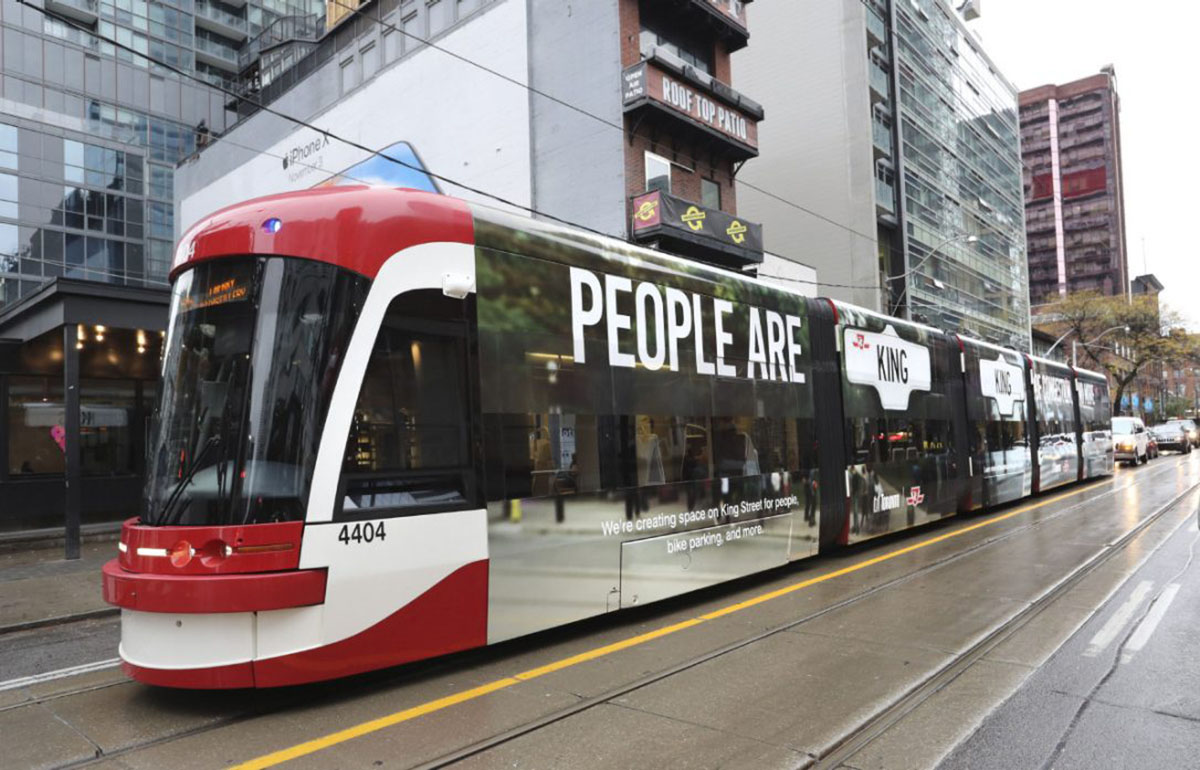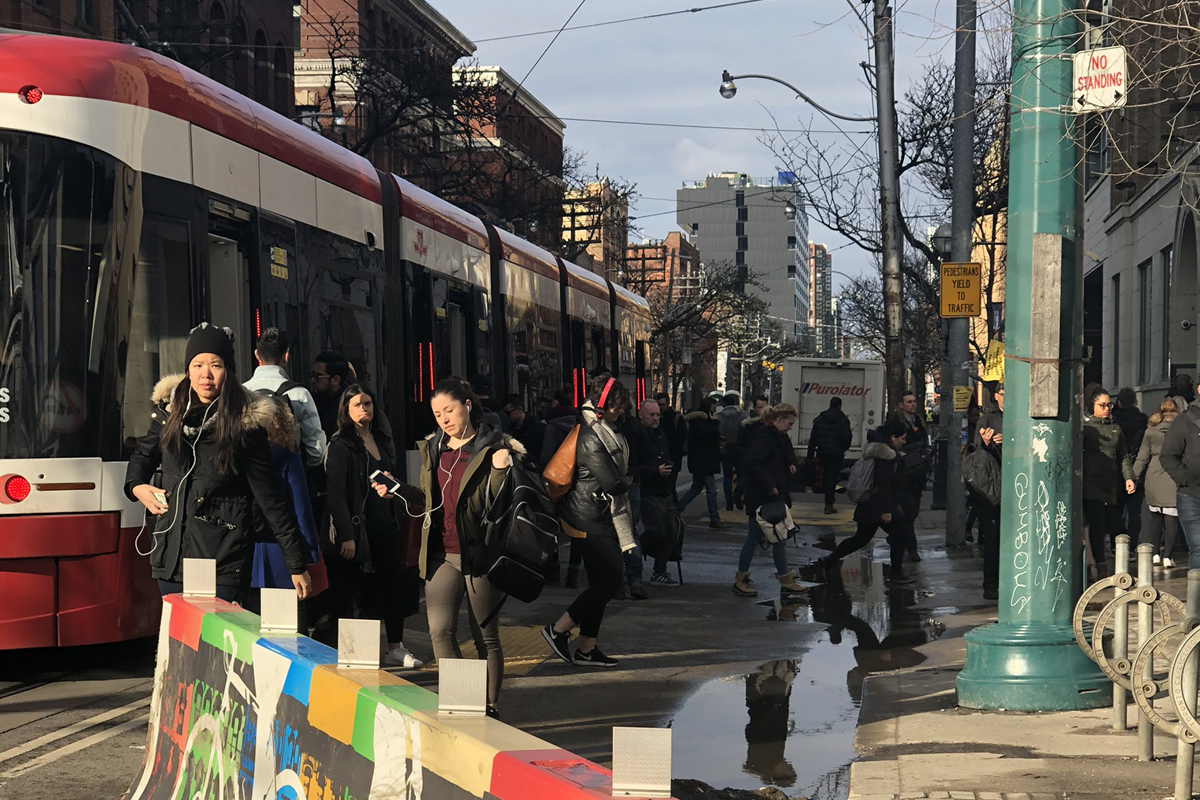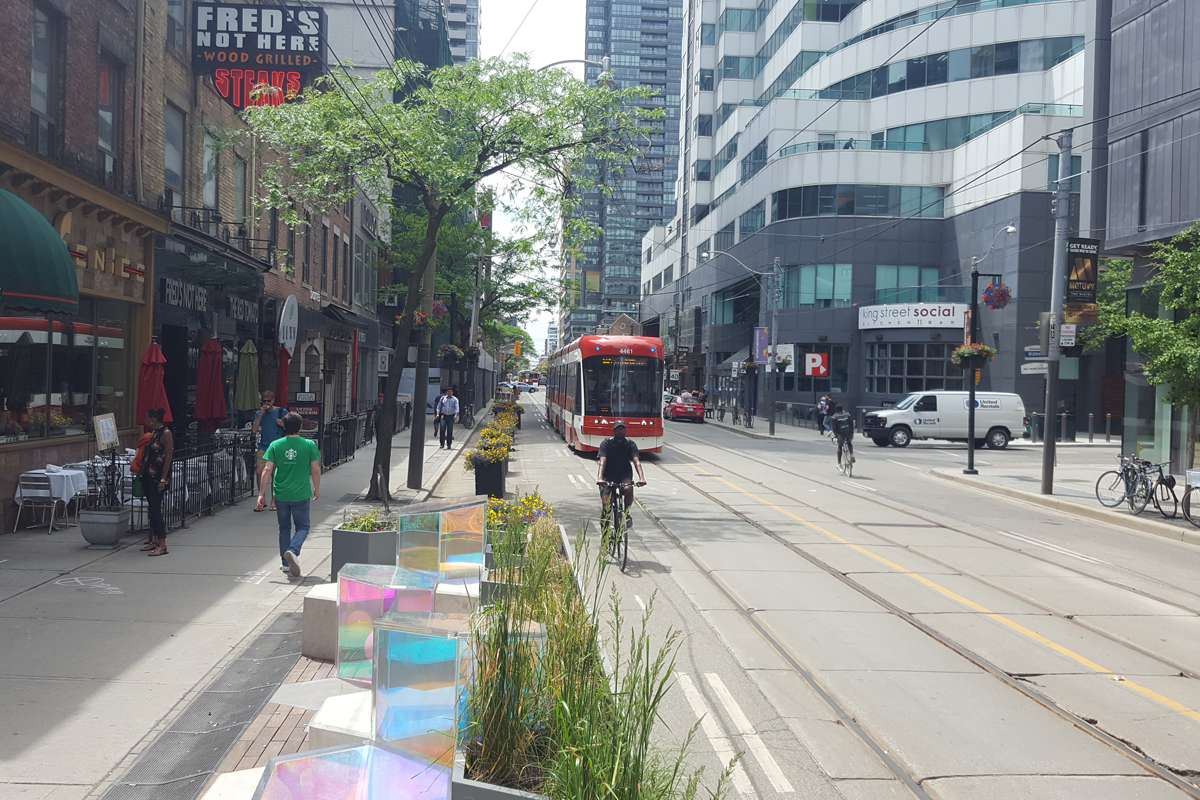
09 Feb To make a Toronto for all, you need to start with a #KingForAll
By Amanda O’Rourke
At 8 80 Cities, our mission is to improve the quality of life for all people living in cities no matter their age, ability, or socioeconomic status.
We have worked with and challenged over 250 cities over the last 10 years to use the simple but powerful “8 80 concept” when designing their streets and public spaces.
To do this we simply ask the question- what if everything we did in our cities was great for an 8-year-old and an 80-year-old? We believe if it is, it will be great for all.

Starting in November of 2017 the City of Toronto launched the King St Pilot Project, a 1-year experiment that would prioritize transit on the city’s busiest surface transit route. As an organization that supports more equitable mobility in cities, 8 80 Cities is a supporter of the project.
To make a Toronto for all, you need to start with a #KingForAll. Toronto is growing and changing, so should our streets. Toronto’s streets account for 25% of our cities’ public space. Our streets, like our parks and plazas, belong to everyone.
For too long our streets in Toronto have been measured using one priority- the movement of cars. The King St Pilot offers us the opportunity to break free of this thinking.
Now sitting 3 months into the pilot, and there are some positive signs. The transit reliability has improved, ridership at peak hours is up, and demand is also up.
This doesn’t mean, after 3 months and just a small amount of data, that everyone should pat themselves on the back, and make the changes permanent.
There have also been some concerns from a few local businesses that the pilot has negatively affected sales. This is important data to capture. Over the course of the 1-year pilot the city will not only be looking at transit ridership but also collecting data on retail sales, safety, emissions, compliance, user experience and more. In short, they want to measure, and evaluate the full picture of what is happening on King St in all seasons, for all kinds of users.
The King St Pilot is not just about King St itself. It is about what kind of city we want to be.
A city trapped in the old ways of thinking about mobility? Or a 21st century city adapting to an increasing demand for better, more reliable transit? A city for cars? Or a city for people?
The success of the King St pilot will not only be about moving people for point A to B, but also about inviting more people to stay, linger, and experience it as an inviting public space. We are excited to see the city’s upcoming initiatives to improve and animate the public realm along the pilot area.

This is an important project, the first of its kind in Toronto. Firsts are hardly ever easy.
We know that cities around the world have had and are having these same conversations, these same tensions, making these same kinds of decisions. I could not give you one example of a city in the world that has solved the issue of mobility without improving transit.
King Street is the perfect place to prioritize people. It is the perfect place to test, measure and evaluate a new approach to using our streets. It is the perfect place to employ the 8 80 concept.



